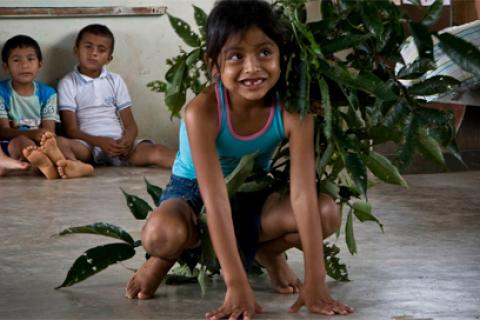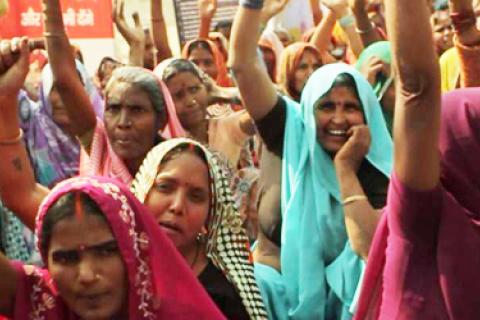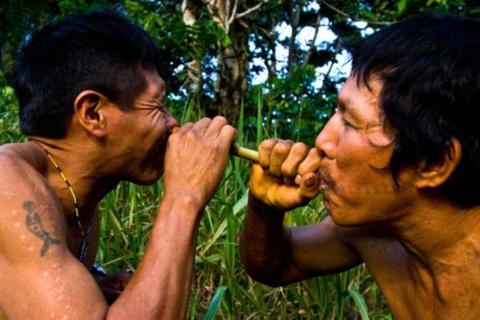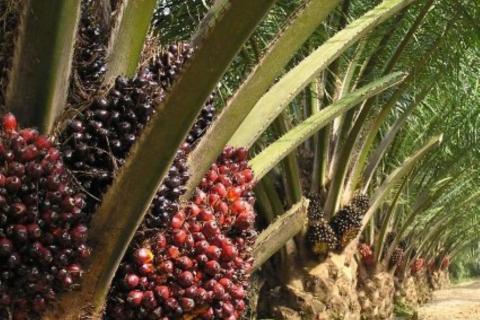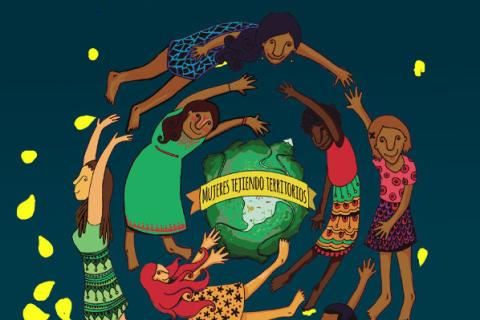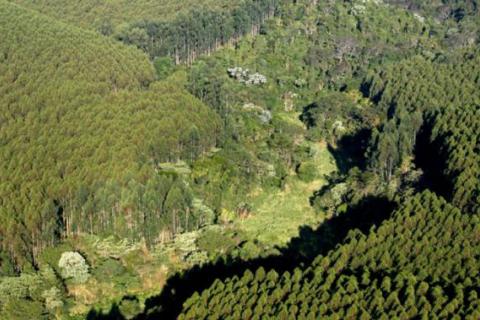There's an old joke in the US about a public prosecutor who starts to build a case against the Mafia in her city. One day she receives a mysterious visit from several large, polite, well-dressed gentlemen. They take their time to arrange themselves comfortably in chairs around her desk. After coffee is served, their leader clears his throat and begins to speak:
Bulletin articles
For almost ten years, a group of banks, corporations, governments and NGOs have been attempting to show the world that REDD+ is a good mechanism for combating climate change.
The Matsés indigenous people are fighting back to stop Pacific Rubiales Energy, a Canadian oil and gas company, from destroying their territory and endangering their lives and forests. One of the company’s exploration blocks, on the Brazilian border, is in an area proposed for designation as a national reserve, theoretically to protect the Matsés. Another block overlaps with land officially demarcated as the territory of this indigenous people. But the Matsés are standing up against the company.
While Malaysia and Indonesia produce over 85% of the world’s palm oil, India is its largest importer. To boost palm cultivation, the Ministry of Agriculture introduced a Special Program on “Oil Palm Area Expansion” in 2011-12 aimed at increasing oil palm production in the 12 states from 50,000 to 300,000 metric tons in the next five. This plantations expansion falls within the government’s New Land Use Policy (NLUP) to wean farmers away from their traditional practice of subsistence farming.
A problem peasant women face is invisibility in the feminist and women’s movements. A second problem is the weakness with which the food sovereignty concept has dealt with the challenges of feminism. Food sovereignty is based on the conviction that each people has the right to make decisions about its own food systems: about its own eating habits; about its production, marketing, distribution, exchange, and sharing; and about keeping food and seeds in the public sphere.


